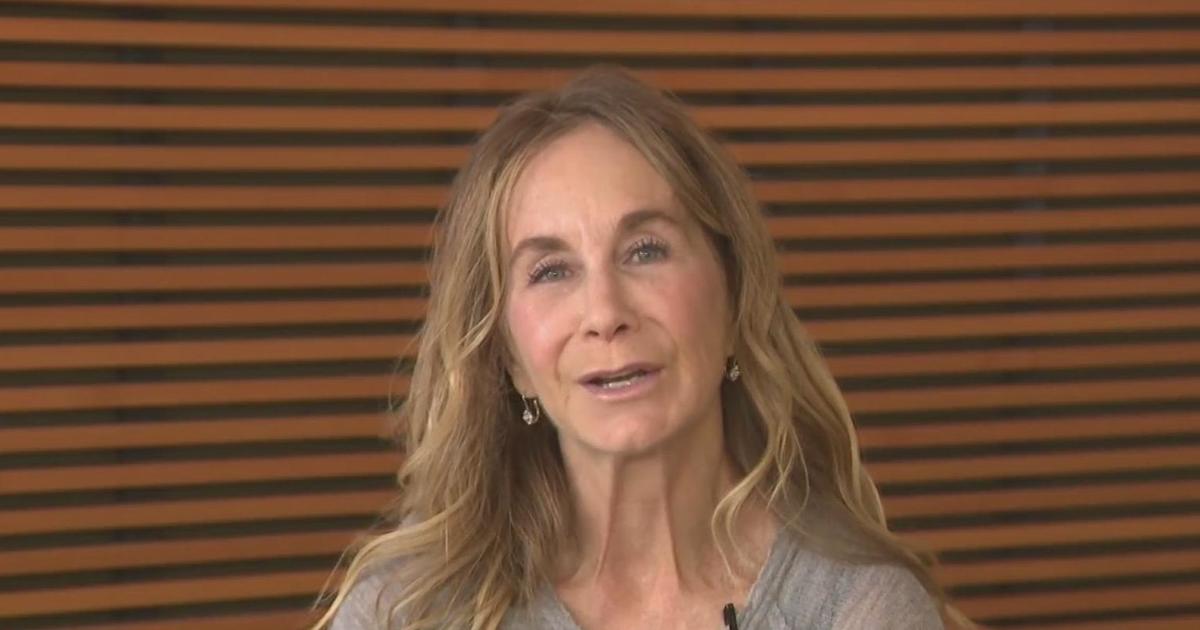Got The Winter Blues? -- It May Be In Your Genes
SAN FRANCISCO (CBS SF) – A recently discovered human gene mutation by researchers at UC San Francisco may be the reason why some people get the winter time blues.
UCSF neurology professors Ying-Hui-Fu and Dr. Louis Ptáček published their latest research in sleeping disorders in the Feb. 22 edition of the journal PNAS.
In the article, they detail for the first time identifying a specific molecular-genetic mechanism connecting sleep and depression.
Fu and Ptáček have spent years studying the genetic basis of sleep, interviewing and genotyping hundreds of families with unusual sleep issues.
They've studied so called – "Short Sleepers" -- hyper-efficient sleepers who need just a few hours of shut-eye a night. They have also done research on people with major inherited sleep disturbances as well as extreme night owls and irredeemable morning larks.
• ALSO READ: Gene Mutation Allows Rare Group Of People To Sleep Less
The team has discovered various mutated genes that cause a rare sleep behavior in which people have a "fast" biological clock.
People with this condition, called Familial Advanced Sleep Phase (FASP), go to bed as early as 7:30 p.m. and often wake up by 4:30 a.m.
Now, by studying three members of a family in which many members experience both FASP and seasonal depression, also called Seasonal Affective Disorder (SAD), the researchers have identified a specific gene mutation that occurs in family members who experience both conditions.
Their result suggest that a gene – PER3, a member of the family of circadian genes — appears to sit at the nexus of sleep and mood.
• ALSO READ: One-Third Of California Adults Not Getting Enough Sleep
"This is the first human mutation directly linked to seasonal affective disorder, and the first clear sign of a mechanism that could link sleep to mood disorders," Ptáček said in a press release.
Seasonal affective disorder one of the world's most common mood disorders, affecting approximately 3 percent of Americans and as many as 9 percent of the population in countries of far northern and southern latitudes, where the shortening of winter days is more extreme.



